South Carolina Bookstore
Textbooks can be purchased at the South Carolina Bookstore. There is a rental option along with new and used options.
Navigating college can be difficult, especially without the right tools. The Student Success Center has compiled these resources to get you started.
Hello Dr. / Professor [Instructor Last Name],
This is [Your Name] and I'm in your BIOL101 course (section 001). I have a question about when the animal cell project is due. According to the syllabus, the project is due next Monday, October 15th. However, you mentioned today that it wasn't due until Wednesday, October 17th. Could you clarify this?
Thank you,
[Your Name]
BIOL101 (section 001)
Office hours are designated times when you can meet with your professors and teaching assistants outside of class to discuss the material being presented in class or other related topics.
Blackboard is a learning management system (LMS) used at USC.
Visit blackboard.sc.edu and login with your USC credentials.
For additional help and more information, visit the Blackboard Help Center.
Textbooks can be purchased at the South Carolina Bookstore. There is a rental option along with new and used options.
Textbooks can be checked out on a first-come, first-served basis at the Circulation Desk on the Main Level of the Thomas Cooper Library.
Note for Fall 2023 semester: This area is currently unavailable, but Level 3 carrels are open for business!
Looking for a change of scenery? There are many local coffee shops near campus that make great study spots!
The Student Success Center offers one-on-one Money Management Consultations for students looking to maximize their understanding of fiscal matters that affect them during their college years and beyond. But if you're looking for a more independent way to learn how to manage your money, the Student Success Center has just the resource for you!
Download this spreadsheet [.xlxs] to plan out and visualize your entire semester from a bird's eye view.
Use this spreadsheet [.xlxs] to calculate your current grade in a course and/or figure out what you need to score on particular course aspects to achieve your desired final grade.
Balance your income and expenses by using this customizable spreadsheet [.xlxs] to create and track your personal budget.
This handout walks through the process of adding an Authorized User to a my.sc.edu student account.
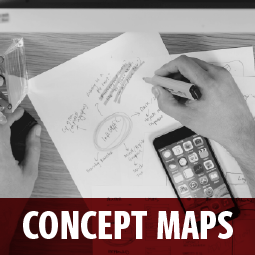
Learn what a Concept Map is and how it can be useful when studying.
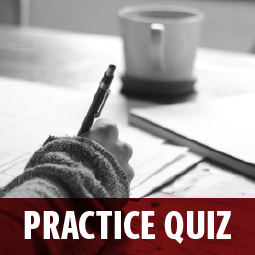
Learn how to use your notes and textbooks to make practice quizzes.

Learn how to predict what questions may appear on your next exam!
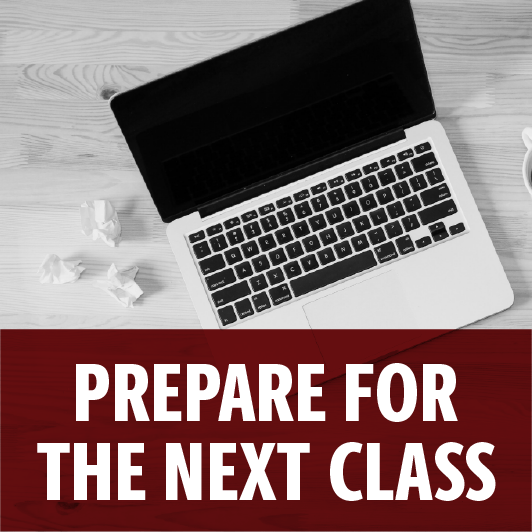
Learn how you can better prepare yourself for your next online class!
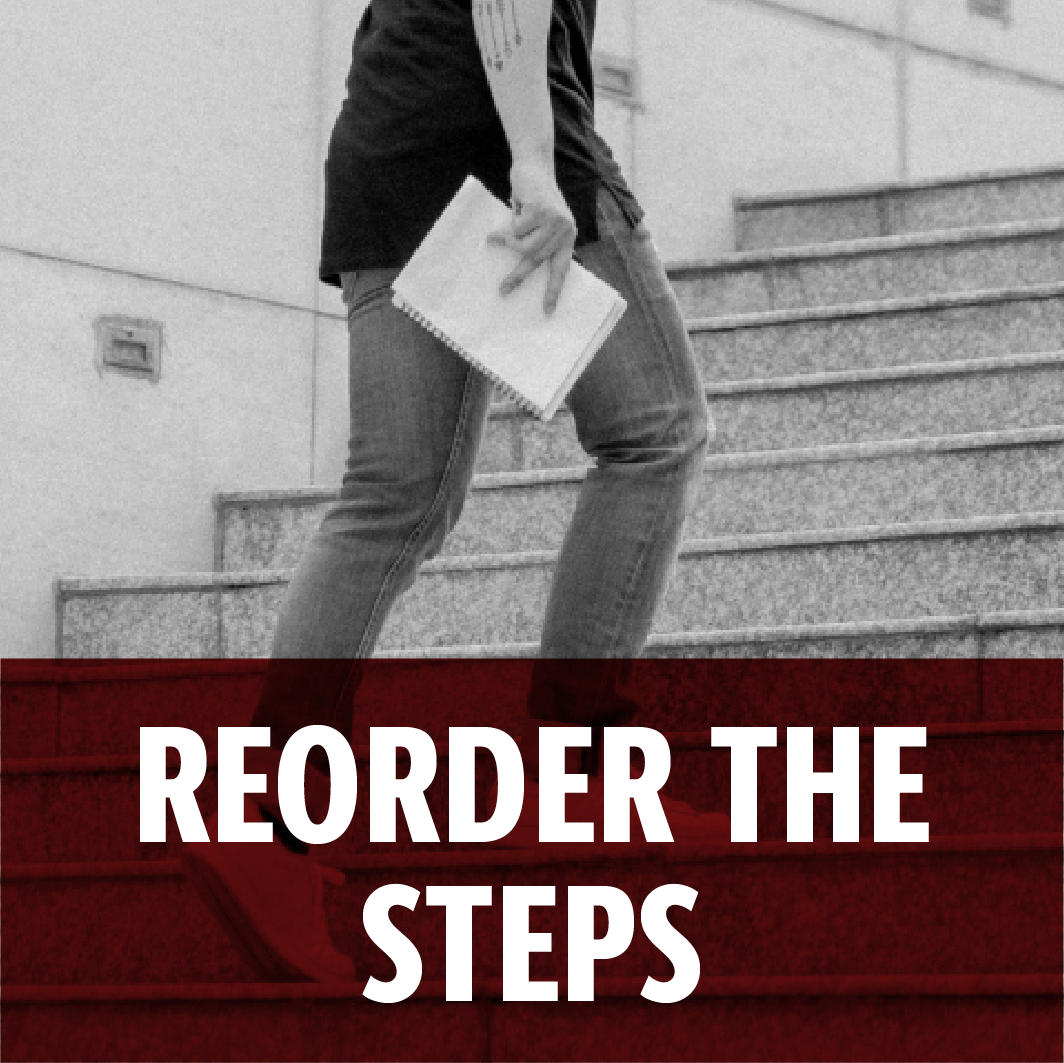
This study strategy is a great way to learn concepts that involve a process or procedure!
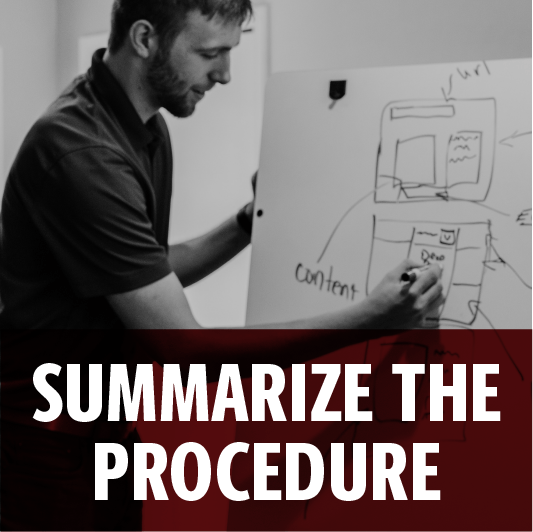
Learn how summarizing procedural concepts can help you answer similar problems on your exams!

What's the difference between a growth and fixed mindsets? Only one leads to success!

There's nothing more daunting than an empty document when you're starting a writing project. Here are some tips to help!